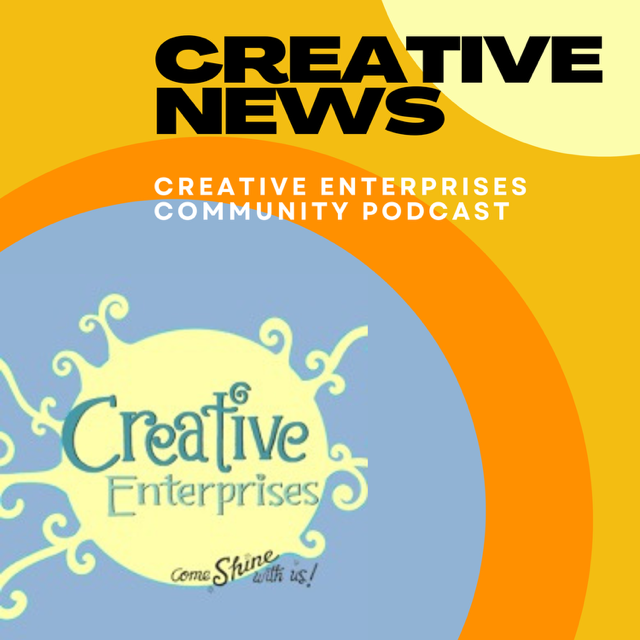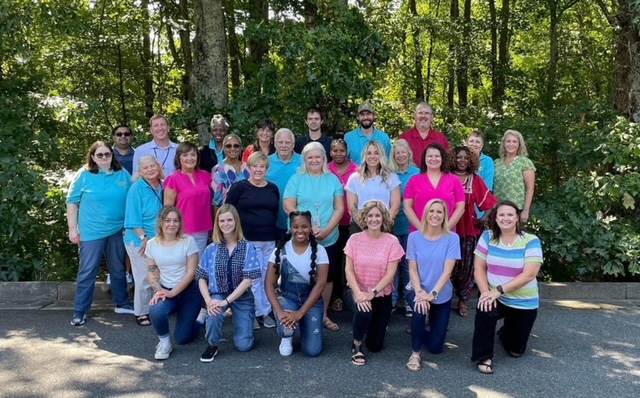

This episode we hear from Leigh McIntosh, CEO of Creative Enterprises, Courtney Grimm, DDP/ Gwinnett Coordinator & Sydney Couch, Production Coordinator
The 14C of the Fair Labor Standards Act or sub-minimum wage certificate was created by the
Deportment of Labor in 1938 and permits paying people with disabilities wages below
minimum wage. The Department of Labor issues the certificates and the oversee
compliance to guard against exploitation. Over the years other laws have been enacted
like the Americans with Disabilities Act in 1990, to prevent discrimination and giving
people with disabilities the same right s as everyone else including the right to work and
make regular wages.
Each person who comes to Creative Enterprises is asked what their goals
are while they are here. If work is one of their goals, CE helps them go
through evaluation and training use the 14 C certificate. The Clients must go through
some education with The Georgia Vocational Rehabilitation Agency and sign a form
confirming they do not want to become employed in the community. Our Campus sets them up in different evaluation situations to see what skills they already have.
Click to contribute
Creative Enterprises was Incorporated as a not-for-profit 501 (c)(3) Community Rehabilitation Program in 1979, they provide employment opportunities along with social and life skills training to individuals with developmental disabilities. This is accomplished through on- and off-site work training, job placement assistance, educational programs, community involvement events, and a variety of additional resources.
Revised June 2024
Information from www.dol.gov
Creative Enterprises is a CRP or Work Center. See below, Types of Establishments where Certificates may be Used:
Community rehabilitation program (CRP) or work center – A facility that primarily provides vocational rehabilitation services and employment for people with disabilities. A CRP applicant must include information in its application about all locations where it employs or is seeking to employ workers with disabilities and pay them a subminimum wage, for example, physically separate branch locations. Certificates may be issued for a two-year effective period.
Hospital or residential care facility (patient workers) – A facility that primarily provides residential care for individuals with disabilities, including nursing homes, intermediate care facilities, assisted living facilities, halfway houses, and residential substance abuse treatment facilities. Such an employer may hire a worker with a disability who receives inpatient or outpatient treatment or care, often referred to as a “patient worker.” Certificates may be issued for a two-year effective period.
School-work experience program (SWEP) – A school-operated program where students with disabilities may perform work activities as part of an educational employment program. School employers are responsible for compliance with all applicable child labor provisions, wage standards, and certificate and recordkeeping requirements of the FLSA. The school may submit a group application that covers all students with disabilities and all the school locations where students will be working. Certificates may be issued for a one-year effective period.
Business – A for-profit employer other than a CRP, a hospital/residential care facility, or SWEP that employs workers with disabilities at a subminimum wage based on the individual’s productivity for the work performed. Certificates may be issued for a one-year effective period.














